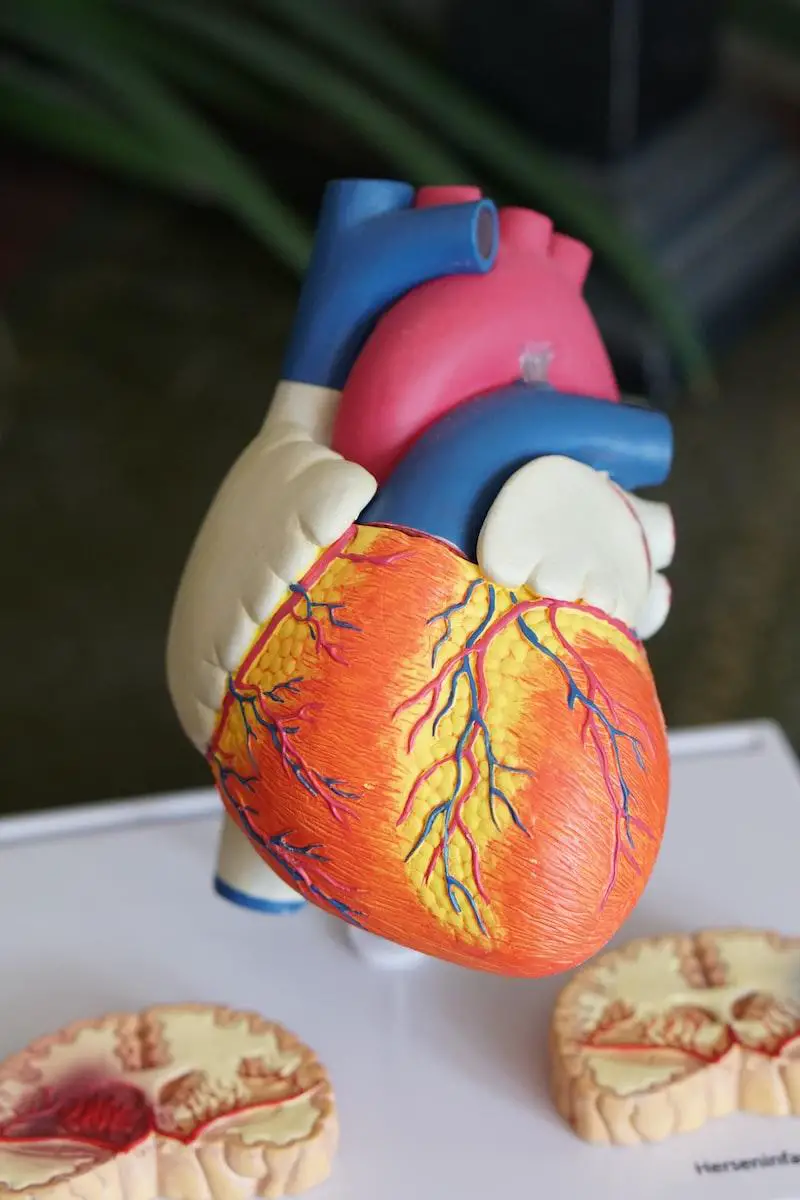It’s possible to reduce the risk of heart palpitations by reducing the amount of belly fat you eat. One way to do this is by keeping a food diary. Noting which foods make you feel palpitated and noting how your body feels after eating them will help you identify the culprits. You can also discuss your eating habits with your doctor.
Although most people do not pay much attention to their heart rate, it is an important part of the human body that pumps blood around the body. Some people even wear devices to measure their heart rate. Depending on the cause, heart palpitations can be triggered by mealtimes or certain foods.
If you think you may be suffering from heart palpitations, you should see a physician as soon as possible. It can be a sign of a more serious condition, such as an underlying heart disease. Your heart rate may feel erratic and irregular, which could indicate a heart arrhythmia or a heart attack. A doctor can also check for heart palpitations by performing an echocardiogram.
In some cases, heart palpitations are the result of an underlying health issue, such as GERD. Excessive belly fat puts pressure on the stomach and can trigger the symptoms. Additionally, obesity can also cause heart palpitations. Studies have shown that obese people are 50 percent more likely to develop an abnormal heart rhythm, or AFib, than non-obese individuals. Taking these steps could help you identify an underlying problem and take the necessary actions to eliminate it.
Keeping a food diary can also help you monitor what you eat and avoid those that trigger them. Coffee, tea, and chocolate are all stimulants that can make your heart race and cause heart palpitations. But, while coffee and tea have lower caffeine levels, chocolate can be loaded with added sugar. Sugar also triggers the production of adrenaline and epinephrine, two hormones that increase your heart rate.
Losing weight can also reduce your risk of an irregular heartbeat. In a recent study, researchers found that those who lost at least 30 pounds reduced their risk of experiencing heart palpitations related to atrial fibrillation. Their findings were presented at the American Heart Association’s annual meeting in Dallas, and published simultaneously in the Journal of the American Medical Association.
Although heart palpitations are usually not an indication of an underlying health problem, they should be treated right away. Some people mistake them for GERD, which can cause chest pain, fluttering in the chest, and racing heartbeat. These symptoms may occur while resting or while you are active.



